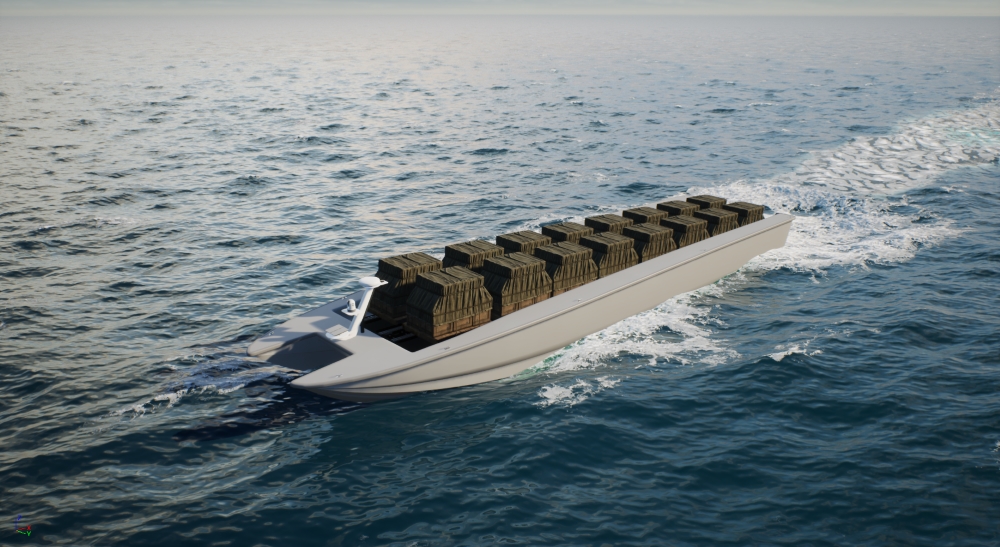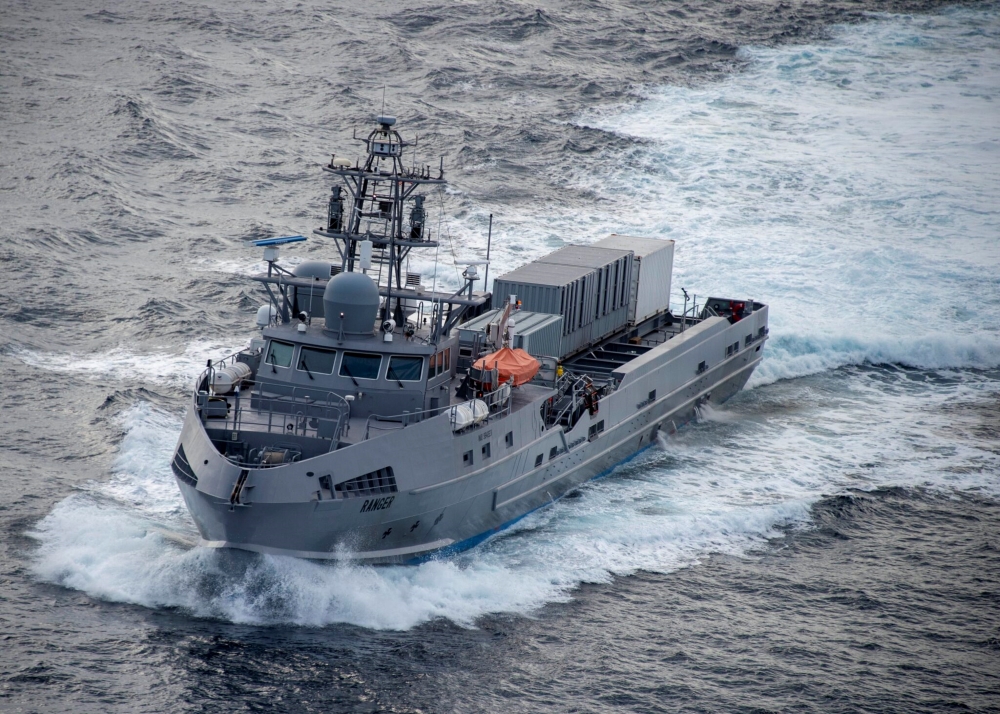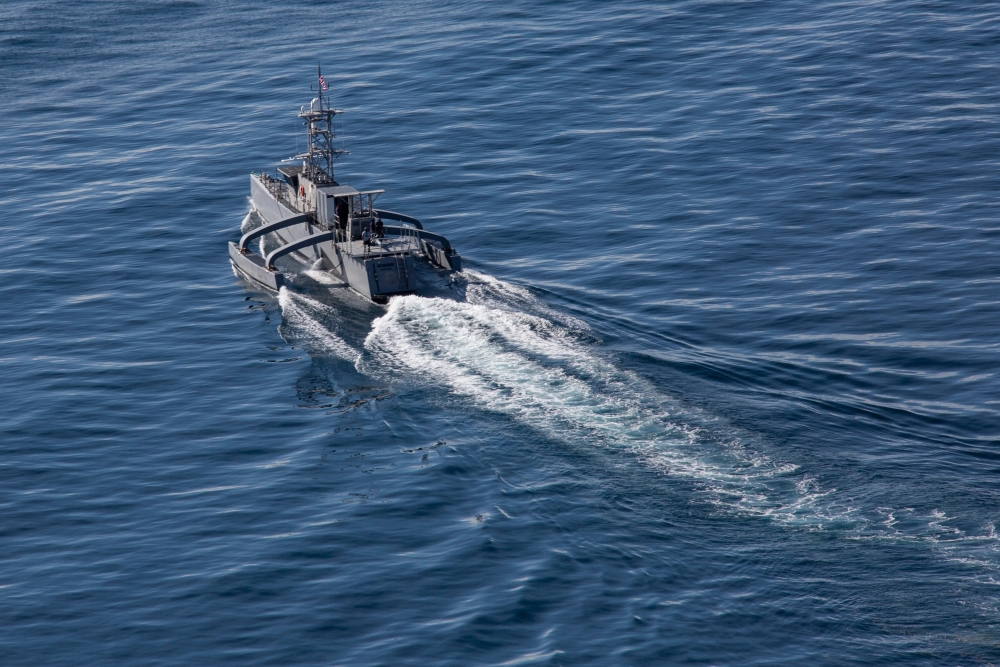
Russia’s unprovoked invasion of Ukraine, and the grinding war that has followed, will be studied in war colleges for years, perhaps even decades. Among the many lessons learned during this conflict, one that will likely be most prominent is the vital importance of logistics in warfare. The defence and open media have been filled with stories regarding Russia’s logistics challenges. A term that has gained traction in military circles worldwide is ‘contested logistics’.
While logistics resupply in a benign environment is hardly more difficult than logistics delivery in the commercial world, against a determined adversary possessing even modest anti-access/area denial (A2/AD) capabilities, delivering logistical sustainment is fraught with often unacceptable danger. Logistics is a function important to all militaries, as well as to all disciplines within each military. The discussions and examples I will use will focus on naval logistics for one primary reason. Unlike armies that travel on land and who can be resupplied by train, wheeled vehicles or by air, naval forces, especially those delivering troops to a hostile shore, must bring everything they need via ships, and then move supplies from those ships to troops on the beach.
My experience and background are with the U.S. Navy and Marine Corps. I have had three tours with our expeditionary assault forces, so I am well-versed in the challenges of ship-to-shore logistics supply of Marines who have established a beach head in a contested environment and who now need more ammunition, fuel, food and other supplies to move inland to the objective area. This is one of the most challenging missions in warfare. Armed with the experience of two-decades of war in Iraq and Afghanistan, the U.S. military is focusing more intently on logistics than it has in some time. This includes maritime logistics, a subject that has been addressed in a number of articles in professional journals.
Here is how one active-duty naval officer put it in the pages of the U.S. Naval Institute Proceedings: “The great diversity of challenges that threaten the U.S. Navy in the near term – spanning all domains and all levels of warfare – has led to an unequal concentration of effort, leaving some areas unaddressed. Maritime logistics ranks chief among them…Great maritime powers have always sought the capacity to interdict their enemies “vital lines of communication” while protecting their own”. Expeditionary operations represent perhaps the one area where logistics cannot be allowed to fail, or even falter. Once the landing is underway and the Marines are on the beach, if their logistics breaks down, they have few options to continue the fight and might even have to withdraw.
For all nations and their expeditionary forces, contested logistics is—and will—remain a daunting challenge. There is much that can be learned from the U.S. Navy and Marine Corps efforts to address this issue by leveraging emerging technology.

The Expeditionary Logistics Challenge
One doesn’t need to be a Clausewitz or Sun Tzu to understand the importance of logistics to warfare over many millennia, and especially to appreciate the profound difficulty of assaulting a heavily defended beach. While the Navy and Marine Corps honed this skill during World War II and have advanced this discipline over the ensuing eight decades, expeditionary assault remains one of the most challenging missions in naval warfare.
The ability to rapidly and reliably resupply Marines on the beach throughout the assault will most often spell the difference between success and failure. For Marines in the 21st Century fight, Fleet Admiral Ernest King’s strategic retrospective still applies: “It is no easy matter in a global war to have the right materials in the right place at the right time in the right quantities.” Marines in the fight use enormous quantities of fuel, food, ammunition and other material as they attempt to move off the beachhead.
While many functions are important in an expeditionary operation, once the assault is underway and Marines are on the beach, sustainment is crucial in ensuring their success. The mission will ultimately fail if the Marines are not able to have reliable and continuous sustainment to press the fight off the beaches and inland.
The full article will be published in FW MAG 1-2024, available in digital format from September 27 and in print from October 7. To read it for FREE in the coming days, please register HERE.
Follow us on Telegram and Facebook.









